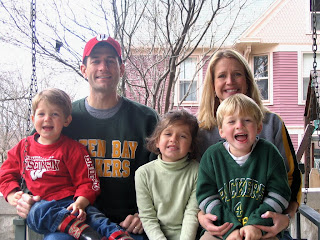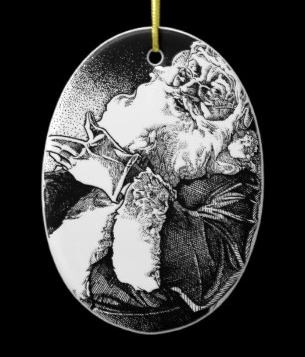Zimbabwe: Police Crackdown on Opposition Rallies
We condemn the actions of the Government of Zimbabwe over this past weekend in suppressing peaceful opposition political activity. In disregard for a court order, riot police in Harare broke up a rally where the leader of one of the factions of the Movement for Democratic Change (MDC), Morgan Tsvangirai, had planned to announce his candidacy for the country's 2008 presidential election. Scores were injured and arrested for attempting to assemble peacefully and exercise their political rights.
The police also suppressed a rally in Zimbabwe's second city, Bulawayo, by the MDC's other faction over the weekend, injuring and arresting many MDC members.
We call on the Government of Zimbabwe to respect the country's judicial decisions and the rule of law and allow the people of Zimbabwe to exercise their political rights. Zimbabwe's political and economic crises can only be resolved through dialogue with the political opposition, with Zimbabwe's civil society and with the people of Zimbabwe, who have made clear their desire for democratic change.
2007/119, Released on February 21, 2007, Press Statement, Tom Casey, Deputy Spokesman, Washington, DC. February 21, 2007
His chaotic land redistribution campaign, which began in 2000, caused an exodus of white farmers, crippled the economy, and ushered in widespread shortages of basic commodities. Ignoring international condemnation, MUGABE rigged the 2002 presidential election to ensure his reelection. Opposition and labor strikes in 2003 were unsuccessful in pressuring MUGABE to retire early; security forces continued their brutal repression of regime opponents.
The ruling ZANU-PF party used fraud and intimidation to win a two-thirds majority in the March 2005 parliamentary election, allowing it to amend the constitution at will and recreate the Senate, which had been abolished in the late 1980s. In April 2005, Harare embarked on Operation Restore Order, ostensibly an urban rationalization program, which resulted in the destruction of the homes or businesses of 700,000 mostly poor supporters of the opposition, according to UN estimates. ZANU-PF announced in December 2006 that they would combine presidential and parliamentary elections in 2010 to ensure MUGABE remains in office. CIA Factbook
Technorati Tags: State Department and Secretary of State or Zimbabwe and Movement for Democratic Change, or Harare and U.S. State Department or Bulawayo














